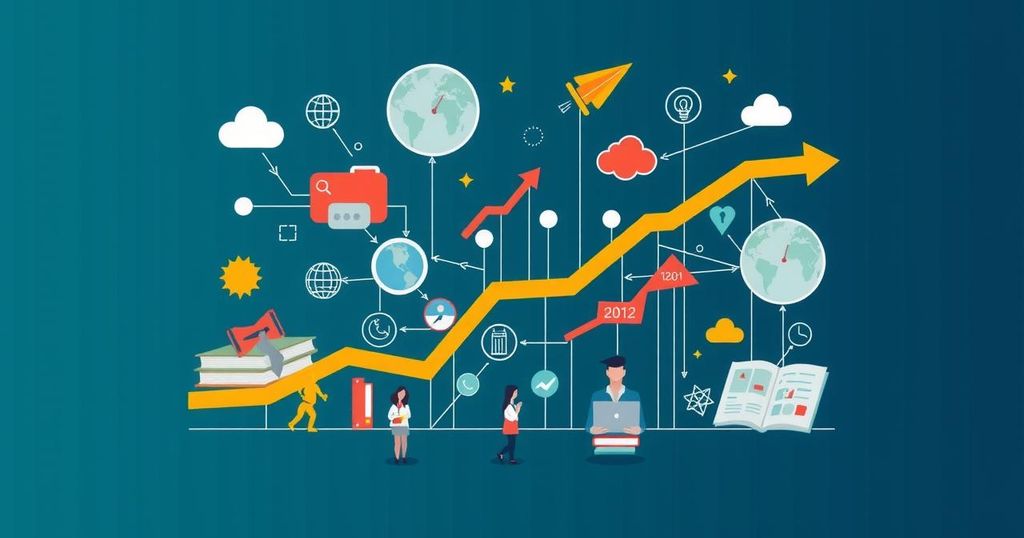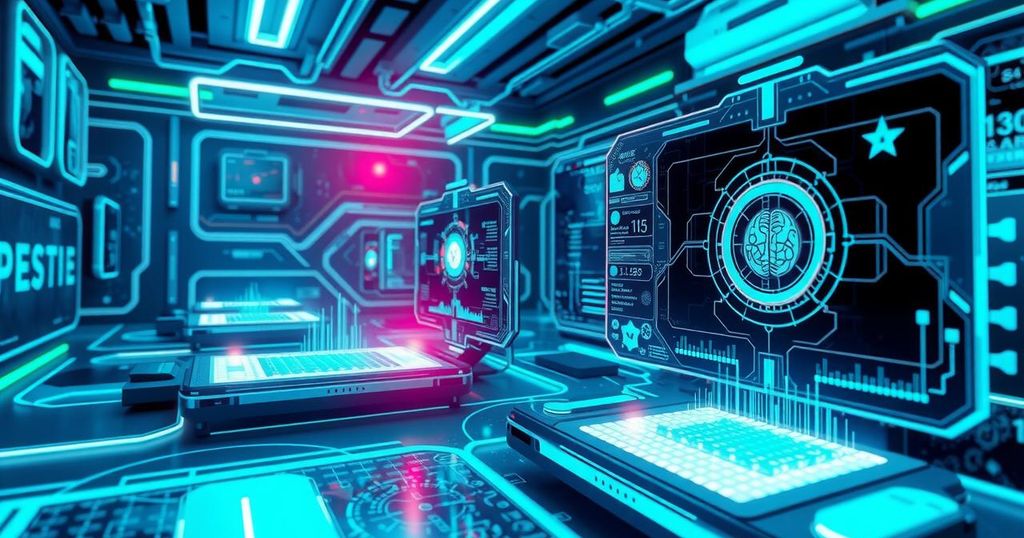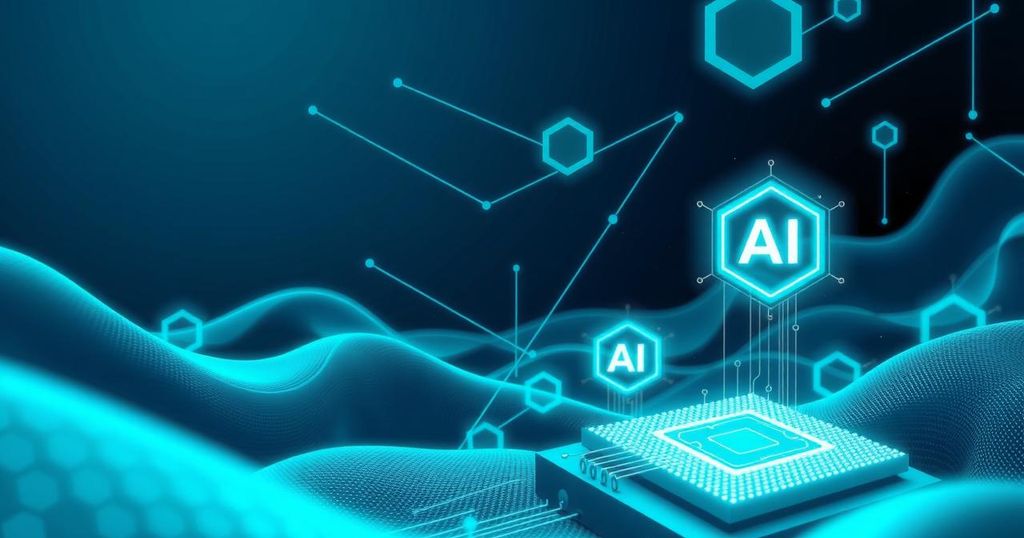Education 2035: Embracing Technology to Transform Learning Experiences
Education is rapidly evolving, with technology driving changes towards personalized, immersive, and lifelong learning by 2035. Innovations like AI, VR/AR, and neurotechnology will create dynamic educational environments, making learning more accessible yet raising challenges around privacy and the role of educators.
As we move toward 2035, the landscape of education is undergoing a radical transformation driven by technology. Gone are the days when students prepared for a lifelong career with a single educational experience in youth. With the advent of artificial intelligence, online learning, and immersive technologies like AR and VR, education is becoming a dynamic, continuous process. These innovations promise to democratize learning, make it deeply personalized, and break down the barriers of traditional educational models.
One of the most significant shifts will be the rise of immersive virtual learning environments. Imagine classrooms not limited by four walls, but expansive, interactive realms where students can engage in complex projects and simulations. As virtual reality becomes more affordable, students of all ages will gather in these digital spaces, allowing those who cannot attend physical schools to thrive. However, while these advances create opportunities, they also raise concerns about social isolation and prolonged screen interaction, demanding a careful balance from educators.
Artificial Intelligence will further refine this educational revolution by enabling adaptive learning experiences. Through sophisticated algorithms, AI will tailor educational content to each individual’s strengths and preferences. The rich insights derived from behavioral and biometric data will help students optimize their learning journeys while also offering emotional encouragement when needed. Yet, this hyper-personalization raises significant questions about data privacy and the evolving role of teachers, who will shift from traditional knowledge dispensers to crucial learning facilitators.
The potential of neurotechnology will push boundaries, bringing the concept of learning enhancement nearly to science fiction realms. With brain-computer interfaces in development, we could witness advancements that not only empower students with disabilities but also enhance our own cognitive learning processes. The quest to decode and optimize brain activity for better retention and recall could redefine what it means to be a learner in the 21st century. However, ethical considerations surrounding such technology must be addressed carefully as society embraces these innovations.
Lastly, the notion of education as a lifelong endeavor will be woven into the fabric of our careers. The traditional career path will evolve, making continuous learning essential for success in a rapidly changing digital landscape. Companies will increasingly value on-the-job training and upskilling initiatives, offering courses that blend seamlessly into professional life. Micro and nano-learning will emerge, enabling just-in-time learning that aligns perfectly with industry demands, making education a flexible, subscription-based experience centered around individual needs and career aspirations.
The article explores the horizon of education in the next decade, focusing on key trends driven by technological advancements. As traditional models become outdated, the integration of AI, VR/AR, and neurotechnology signifies a shift toward personalized, immersive, and continuous learning experiences. By understanding these trends, educators and learners can better navigate the dynamic landscape of future education.
In summation, the future of education is poised for monumental change, driven by technology and the essential need for ongoing learning. With immersive environments, personalized AI-driven experiences, neurotechnology breakthroughs, and a shift towards lifelong education, the landscape will become more accessible and tailored to individual needs. However, the journey will come with challenges, particularly regarding privacy and the human element in teaching, necessitating careful consideration as we advance into this new era.
Original Source: www.forbes.com




Post Comment